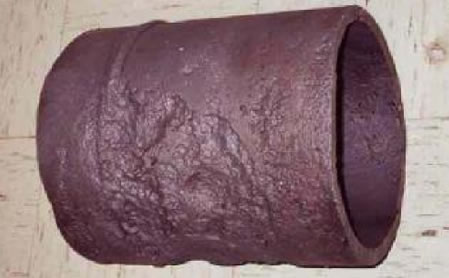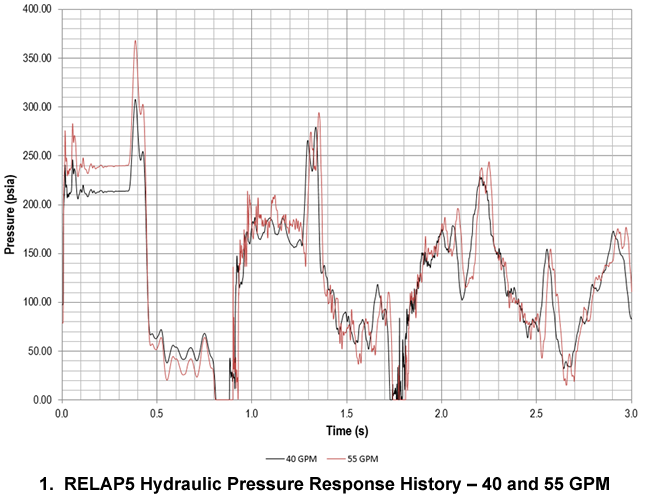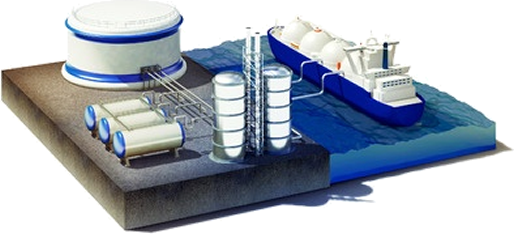
Protection of Nuclear Power Plants from Tornado Missiles
Road Map of Regulatory Requirements General Design Criteria – The protection of nuclear power plants from the effects of tornadoes (or extreme winds from typhoons or hurricanes, depending on the locality) is required through 10CFR50 Appendix A, 10 CFR 50, Appendix A, General Design Criterion 2 which requires that structures, systems, and components (SSCs) important […]



